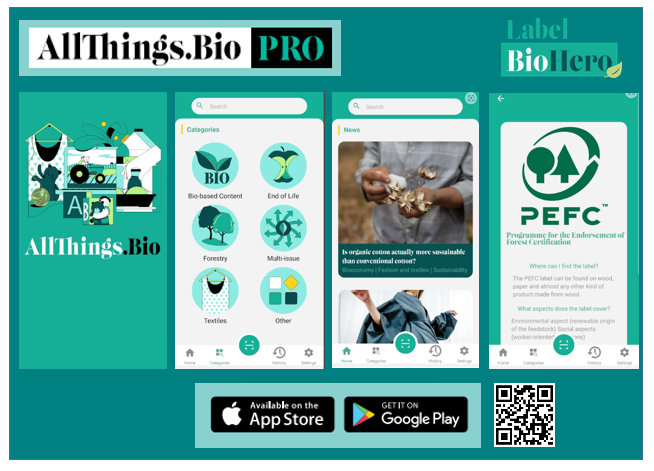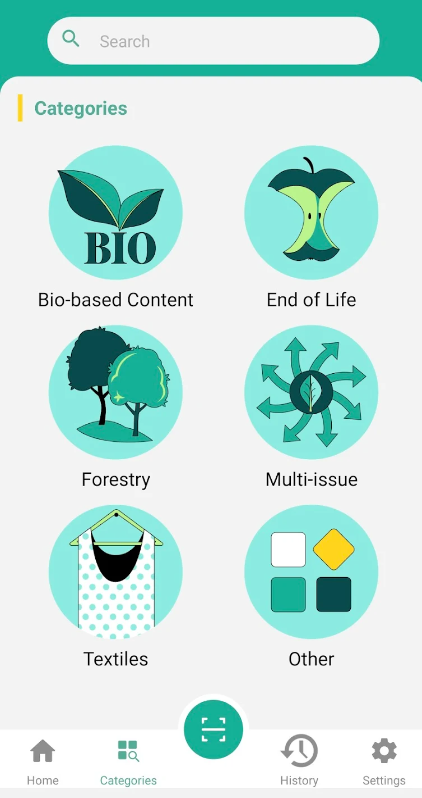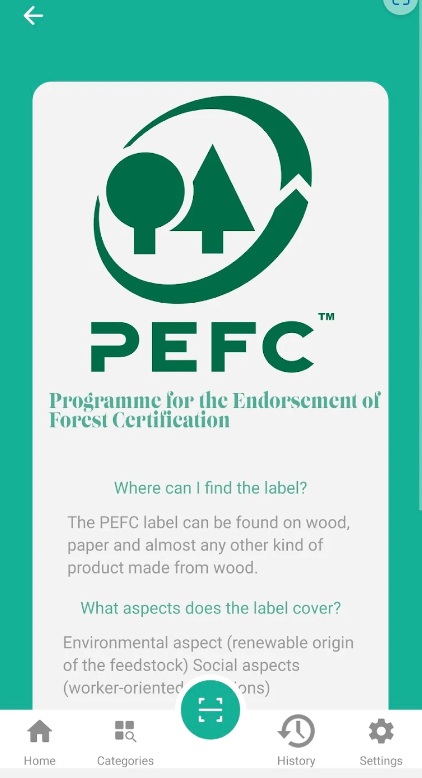Put forty people in a room, all with a smartphone in their hand. Ask them to scan a QR code, redirecting to a set of questions like: “How much meat and eggs do you eat?” and “How often do you fly?” They will first start giggling, and speaking to each other to find their answers. Then when the time is over, you push the red button, and on the screen appears the statement: “To keep living as you are, we would need four planet Earths”, something magic happens. They look at each other surprised and, instead of seeing it as a moral lesson, they understand it from a logical point of view and realise that they have to change their behaviour. “Their eyes open wide, their mind opens too and they become ready to receive new knowledge. And this is when we can consider that the first stage of our work is done: we have raised their level of awareness,” says Thijs Struijk.
Thijs Struijk is the founder of the Dutch company Sustainability Games, and the people answering the quizzes were engineers of a big French company, who knocked at his door to get trained and prepared to comply with the request of a big bank, wanting its new Amsterdam headquarters to be fully circular. “We develop training programmes based on a gamification approach, help companies to transform, and provide games to create awareness,” Struijk explains. Presenting himself as a “creative digital entrepreneur completely focused on sustainability”, he owes a lot of his approach to his studies in biology and anthropology. “From an anthropological perspective, playing is a way to remove boundaries between people and groups, to create a playing field where to feel safe. When the game is over, you can just start again.” But games also offer a narrative, he adds: “Just think of the archetype of the princess, who must be rescued by a hero, who first has to defeat all kinds of enemies. It shows that games also help give a mission.”
Saving the Earth by turning our lifestyle from fossil-fuel to bio-based is the mission of a ‘serious game’, developed within the European project AllThings.BioPRO. “This definition might sound a bit negative, as if there was something not fun in it, whether ‘serious’ refers more to its topics, and means that they are worth discovering,” says the project coordinator, Valerie Sartorius. Called “Mission BioHero”, and available online for both Android’s and iOs users, the game owes its name to the challenge that we are invited to take up. “We play the role of a kind of an alien coming to destroy our planet, but then it changes its mind and decides that it’s worth being a hero and helping humanity rescue it,” explains Sartorius. The key is to create the conditions for the users to learn without being aware of it and outside of the traditional schemes. “Just through simple quizzes with ‘yes’ or ‘no’ answers, you can help people understand,” says Struijk. “Phase one is making them aware. Then you can give them new knowledge.”

‘Label BioHero’ app
This game-based approach proves to be very effective, especially when applied to complex matters which risk escaping common understanding. “One of the tricky things which make it difficult to understand the bioeconomy is that it involves many different fields,” says Katherine Whalen, a researcher in sustainable business at RISE, the Research Institute of Sweden. “What we have seen with the circular economy is that games can help span all these different aspects and understand its complexity in a simple and more accessible way.” This is why Mission BioHero is structured into eight ‘missions’, each of them related to topics such as bio-based packaging, greenwashing, or products’ end-of-life. “We are challenged to answer quizzes and accomplish real tasks in our everyday life, like going to our wardrobe and scanning the labels of our clothes, to check out what they are made of, and if they are bio-based,” explains Sartorius. And since it is so easy to get confused, the project also launched a smartphone application called “Label Bio-Hero”, on all main app-stores. “It is first of all meant to help people understand which labels to trust and what they stand for. It basically helps the user find their way in their vast universe, to spot which products are really biodegradable and bio-based,” she says.

Screenshot of the ‘Label BioHero’ app
The effectiveness of games for learning purposes seems also confirmed by the international success of “In the Loop”, the first of two “circularity games” developed by Katherine Whalen when she was still a student at Delft’s University. Created to help educators who were struggling to explain the concept of circular economy, it was then adopted by companies and educational institutions in over 30 countries worldwide. “It’s a board game where each player is a company which has to collect the materials to make their product,” she says. “Throughout the game several events based on real-life situations occur, hindering you in your task. You might not be able to access the materials you need, you might face energy shortages or export quotas, and to combat this you have to put in place strategies like repairing, refurbishing, and so on.”
The story of “In the Loop” is a clear example of the potential of games in teaching crucial and complex topics such as the bioeconomy. “One of the reasons for its success is the way it makes people feel when they play it,” says Whalen. “While presentations and lectures are easy to forget, playing can trigger people’s competitiveness, raise ethical questions, and provoke strong emotional reactions.” But to learn, it is crucial for people to have fun. And a game-based approach is now gaining traction with companies and organisations big and small which understand this. “Microsoft came to us and said: ‘We have 10 000 employees and we want them to understand why we want to work on sustainability, but we need something fun otherwise everybody will fall asleep’,” says Struijk. No less important is also the fact of letting the players learn by making their own choices. “No one really wants to be told constantly what to do, or be forced to learn something. This is also why we chose such an approach, to drive people to behave differently and adopt a sustainable lifestyle, without feeling obliged to” says Sartorius. A goal that AllThings.BioPRO is now pursuing by working on a handbook, to turn its serious game also into a teaching tool for secondary schools.

Screenshot of the ‘Label BioHero’ app
By Diego Giuliani
—
18/05/2023